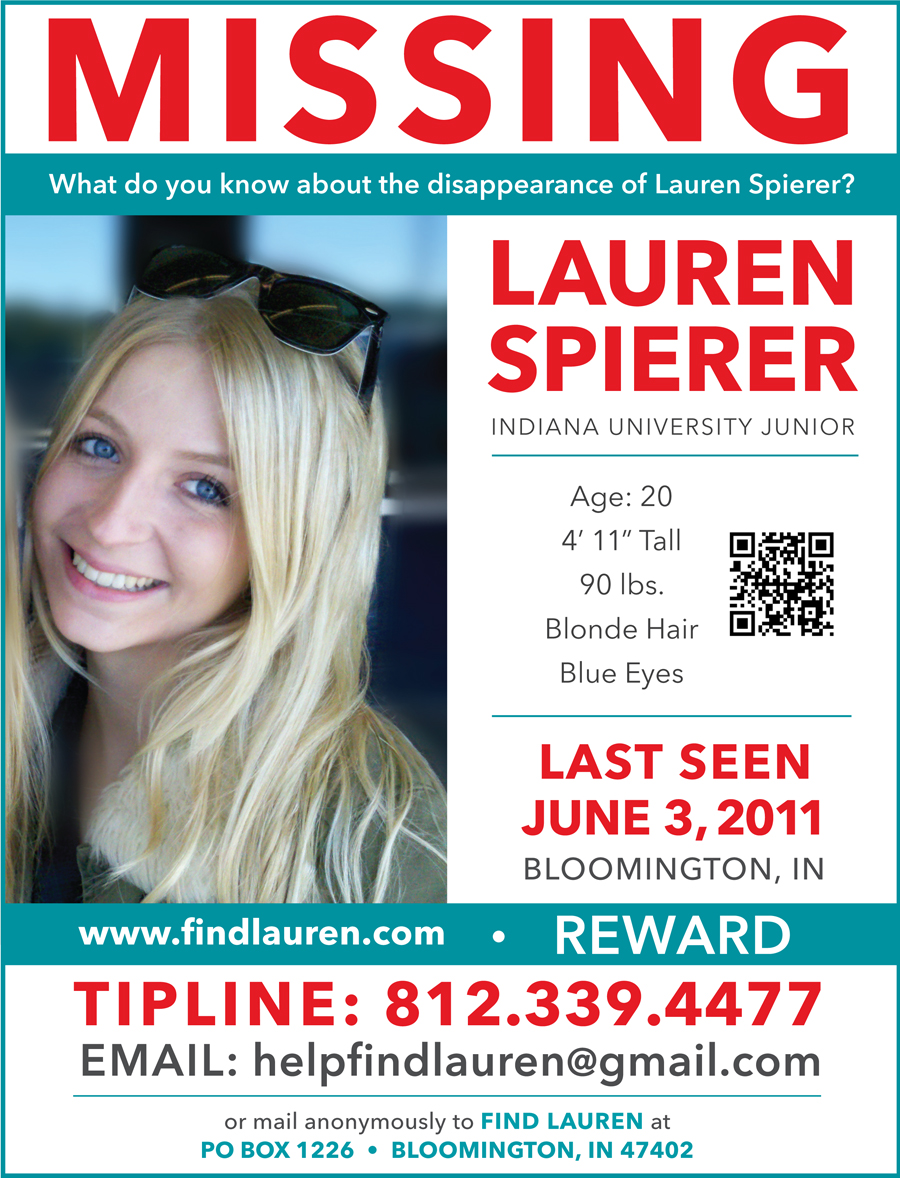The Curious Case of Benjamin Crump
 Monday, February 25, 2013 at 7:42PM
Monday, February 25, 2013 at 7:42PM 
Natalie Jackson, Dave Knechel and Benjamin Crump
The maelstrom that’s surrounded George Zimmerman since February 26 of last year reached a crescendo in the courtroom last week. Sort of. Then it waned. That his defense team has worked hard for him is something worthy of recognition, but little has been achieved during the course of the O’Mara reign — not that I’m doubting the defense team’s crowning victories; removing two judges from the bench.
What’s so interesting about the hearing to compel Benjamin Crump to be deposed (MOTION REGARDING DEPOSITION OF BENJAMIN CRUMP, ESQUIRE) is not so much that it was a loss to Zimmerman’s attorney, Donald West, who argued for it; it was that, even with a grant by the judge, what would have been gained? What would Crump have to offer other than opinion laced with innuendo?
In his response affidavit, Crump stated that he telephonically interviewed Witness 8, but before making the statement, he laid a foundation explaining what brought the interview about. For anyone to believe that he did so for the prosecution’s sake would be a fool. He did so at the behest of Trayvon Martin’s parents — for future civil litigation against the defendant. It is the interests of his clients that he considers. Yes, this includes some semblance of justice, but, to be specific, he was under no legal obligation to make the interview public, nor was he bound by law to turn it over to the prosecution or defense. Certainly, he was right when he did so.
6. On or about February 28, 2012, after local authorities refused to arrest Defendant, my law firm and I were engaged by Trayvon’s parents to, inter alia [Latin for “among other things.”], zealously pursue, defend and protect their rights as the next of kin of a homicide victim, as well as any wrongful death and other civil claims that they or Trayvon’s estate may have — including, but not limited to, statutory, common law and constitutional claims against Defendant and others arising out of or related to Trayvon’s tragic death, access to public records, and the criminal prosecution of Defendant (collectively, the “Litigation”).
In essence, this means Trayvon’s parents have every right to legally pursue in civil court the person who admitted to shooting and killing their son. Whether this was murder or self-defense will be decided in criminal court.
7. The broad scope of my engagement in regard to the Litigation has remained the same at all times material to the instant case and, since February 2012, my reputation has been continuous and remains ongoing. From the outset through the present, I have gathered factual information and performed legal research from which I have formed — and continue to form — my own legal opinions, conclusions, mental impressions and theories of liability in regard to the Litigation.
There it is, in stark black and white — OPINIONS! As noted by Bernie de la Rionda at the hearing on February 22, there was never anything substantially factual to be gained by deposing Crump and Judge Nelson soundly agreed. She continued to badger the defense, West, in particular, about relevance. To what purpose would it serve?
In my opinion, the judge took Crump’s affidavit at face value. She believed him. (It’s also interesting to note that West rebuked Crump’s title of Esquire in open court, yet used it in the title of his deposition motion.) She reminded the defense that, while Crump did interview Witness 8, he was not present at the shooting. He wasn’t listening in on the phone call between Trayvon or Witness 8, either.
In her order, Judge Nelson cited several cases supporting her decision. I believe this is to back her up later on if there is an appeal.
One of the problems West brought up about Witness 8 was the way Crump described her age. Was she 16 or 17 at the time of the recording? While I agree with the defense on this one, I side more with the judge. She scolded West and O’Mara by telling them they’ve had 10 months to depose that witness. Why haven’t they done so? You see, and this is my thought, why put the cart before the horse? Why not ask the witness first? Then, if you have questions, file a motion to depose Crump. Now, it’s too late. The defense lost this round.
But did they lose? Not really. While I understand the motion, I saw nothing to be gained had they won; nothing at all. The relevancy precluded it. Crump never had much more to offer than opinion, and there still remains that strong element called attorney/client privilege. And neither side would dare put him on the witness list.
§
Along similar lines, tomorrow will mark the one-year anniversary of Trayvon’s untimely death. Battle lines are drawn, although there are no real fights in the physical sense. We’ve got www extremists on both sides that believe they are the one true authority. Well, that’s simply not true. The court is the only one that counts. Period. The rest is pure conjecture.
Zimmerman’s supporters believe Tracy Martin verbatim when he was questioned about the horrible cries for help heard on at least one of the 9-1-1 tapes. No, he initially said, that’s not Trayvon; however, he was under duress at the time, having just lost his son. Later, he rescinded that statement. What matters is what he will say on the stand, under oath, not what Internet people opine online.
What no one seems to relate to is that fathers have no intuitive instincts compared to mothers. What, you say? What is it about mothers waking up in the middle of the night before their babies start to whimper, let alone cry, yet fathers sleep right through it? Trayvon’s mother immediately recognized her son’s voice in those calls, so why isn’t that an important piece of the puzzle to Zimmerman loyalists? When Trayvon was growing up, did Tracy hear the cries of his son like Sybrina, who mended his cuts and bruises; who rocked him in her arms?
This is my point completely. Simply said, it’s wrong to make any assumption based on nothing more than presumption. Who knows for a fact right now whose voice screamed out in the dead of night clouded by light rain? The witnesses that spoke first and later changed their minds? George certainly knows. Sybrina, too, in her mind, and she will say so when it matters most — in the courtroom.
Why is it that the fans of Zimmerman question where Trayvon was “lying in lurk” when he had plenty of time to run home, yet couldn’t care less that George had nearly a minute to get back to his truck after crossing the “T” on the rebound where he claimed he was attacked? What was he really doing? He was still on the phone with dispatch!
You see, it’s not my point to prove what happened that night because I can’t, although I have walked the walk inside the Retreat at Twin Lakes and recorded it on video. I see what adds up and what doesn’t. Because of this, I think it was totally wrong for the defense to seriously consider that Crump could have offered anything more than his opinion on the homicide. Other than Zimmerman, the next best thing has been Witness 8. All along.
Pay attention to 4:56 in on the following video, NEN Call and Trayvon’s Walk. It documents the time based on statements given to the Sanford Police Department by George Zimmerman.
 Dave Knechel | in
Dave Knechel | in  Benjamin Crump,
Benjamin Crump,  Bernie De la Rionda,
Bernie De la Rionda,  Dave Knechel,
Dave Knechel,  David B. Knechel,
David B. Knechel,  David Knechel,
David Knechel,  Donald West,
Donald West,  Eighteenth Circuit Court,
Eighteenth Circuit Court,  George Zimmerman,
George Zimmerman,  Judge Debra S. Nelson,
Judge Debra S. Nelson,  Judge Jessica Recksiedler,
Judge Jessica Recksiedler,  Judge Kenneth R. Lester, Jr.,
Judge Kenneth R. Lester, Jr.,  Marinade Dave,
Marinade Dave,  Marinade Dave Knechel,
Marinade Dave Knechel,  Mark O'Mara,
Mark O'Mara,  Sanford,
Sanford,  Sanford Police Department,
Sanford Police Department,  Seminole County,
Seminole County,  Sybrina Fulton,
Sybrina Fulton,  The Retreat at Twin Lakes,
The Retreat at Twin Lakes,  Tracy Martin,
Tracy Martin,  Trayvon Martin,
Trayvon Martin,  marinadedave |
marinadedave | 









































 LEGAL NOTICE
©David B. Knechel. All Rights Reserved. No portion of this site can be reproduced in it's entirety or in part without expressed written permission by the owner/administrator of this site in accordance with the Digital Millennium Copyright Act. Section 512(c)(3) of the U.S. Copyright Act, 17 U.S.C. §512(c)(3). The charges against defendants are mere accusations and the subjects are presumed innocent until found guilty in a court of law.
LEGAL NOTICE
©David B. Knechel. All Rights Reserved. No portion of this site can be reproduced in it's entirety or in part without expressed written permission by the owner/administrator of this site in accordance with the Digital Millennium Copyright Act. Section 512(c)(3) of the U.S. Copyright Act, 17 U.S.C. §512(c)(3). The charges against defendants are mere accusations and the subjects are presumed innocent until found guilty in a court of law.
